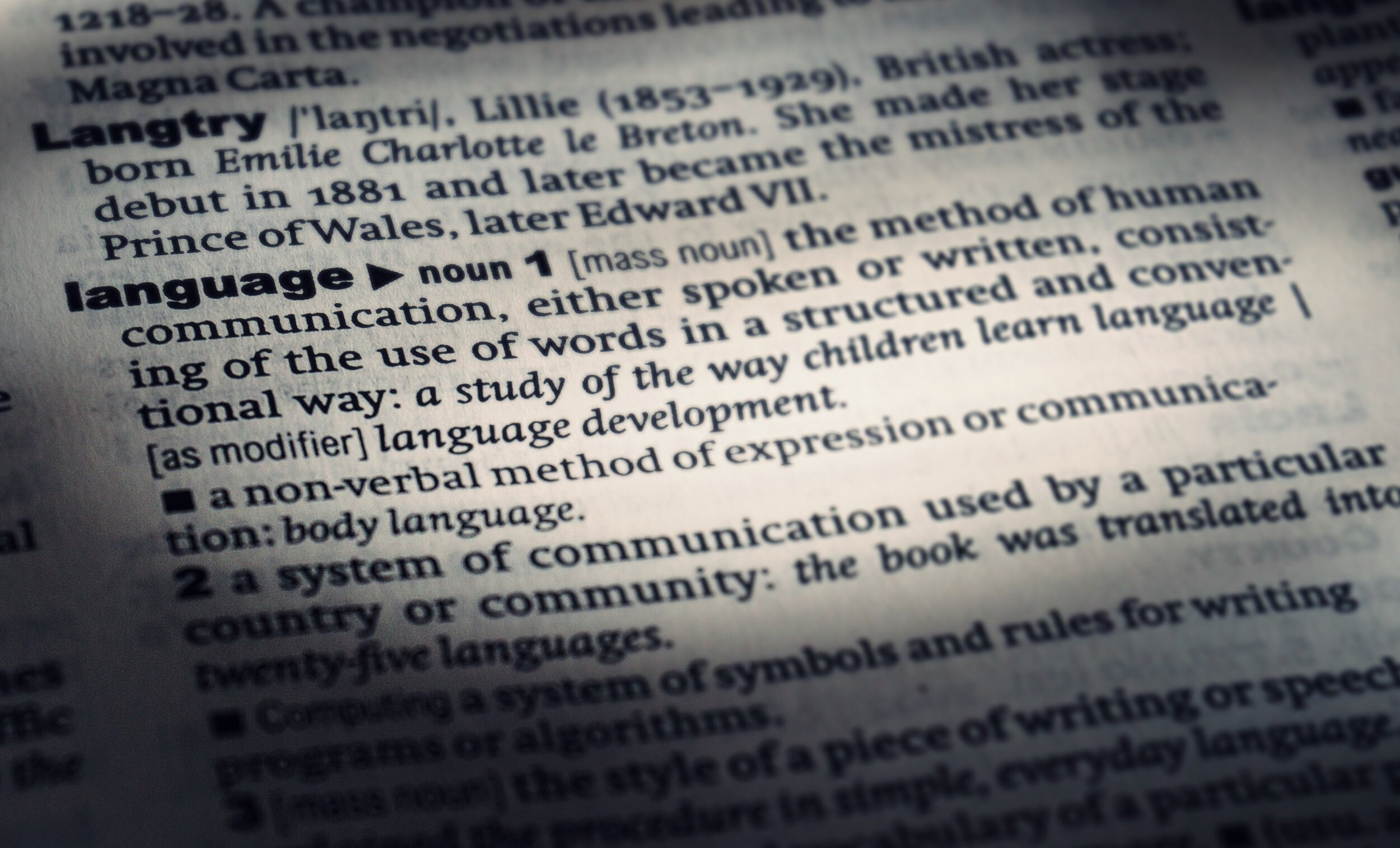Learning a foreign language takes a lot of time and effort. One does not simply become fluent over night. For some parents of teenagers, communicating effectively with their teen can at times feel like they are attempting to communicate in and understand a foreign language. However, people like those at SpeakUp! do not think it needs to be this way. They are working to help adults and teenagers communicate better, and in doing so are changing lives one conversation at a time.
“Changing Lives One Conversation At A Time. ”
Earlier this month, Speak Up!, a non-profit located in Saint Davids, Pennsylvania joined Saint Luke to share some tips and take aways to help get communication flowing between young people and caring adults. They shared an innovative solution to the age-old problem of how to get teenagers talking openly and honestly about stress, relationships, drugs and alcohol, academic pressure, sex, social media, parental expectations, depression, anxiety and other challenges. The good news is that SpeakUp! knows from 19 years of listening to thousands of teens and families, that when adults listen without judgment, young people will tell us how to best guide and support them.
10 tips we have learned from listening:
1. SEE TEENS AS PROBLEM SOLVERS, NOT PROBLEMS TO BE SOLVED.
Teens tell us, “When our parents trust us, we trust ourselves.”
2. LET THEM KNOW YOU LOVE THEM NO MATTER WHAT.
“I just want to know that they love me, even when I make mistakes—especially when I make mistakes.”
3. BE EQUALS IN THE CONVERSATION.
You may not be equals in decision making, but everyone feels valued when they feel heard. Try to listen first and speak second. “It’s easier to understand my parents when I feel like they really try to understand my point of view.”
4. RECOGNIZE HOW MUCH THEY WANT TO PLEASE YOU AND HATE TO DISAPPOINT YOU.
Teen’s behavior is shaped, in part, by how much they want to please you and make you proud.
“You know, when we mess up, we already feel bad.”
5. THINK COPING, NOT CHARACTER.
See problematic behavior as an unhealthy coping strategy rather than a reflection of their character. “I cheated. I got behind in my work, felt overwhelmed and made a poor
choice for how to cope with my situation.” Then, brainstorm healthy coping strategies.
6. LET THEM KNOW THEIR MISTAKES DON’TDEFINE THEM (AND NEITHER DO THEIR ACHIEVEMENTS).
“It helps when you remind me that blowing the tryouts doesn’t mean I’m not an athlete or getting a C in chemistry doesn’t mean I can’t be a doctor.”
7. FOCUS ON THEIR STRENGTHS.
Rather than focusing on your teen’s problems and mistakes, emphasize their strengths and solutions. “I just want to be acknowledged for something I have done right, rather than just what I’ve done wrong or haven’t done.”
8. SHARE YOUR EXPERIENCE RATHER THAN ADVICE.
“I learn way more from what they did than what they tell me to do.” And, “It helps me to know that my parents made mistakes too.”
9. CLARIFY WHAT THEY WANT FROM THE CONVERSATION.
Ask, “Do you want advice, or do you just want to vent?” “We want to be heard, before we are helped.” And, “Sometimes I just want to complain and have my parents say, ‘That stinks.’ ”
10. HAVE FUN WITH THEM.
Spend relaxing time without an agenda.“I love taking a break and watching TV with my parents.” And, “Family dinners are great, but only when they’re short and we don’t talk about school.”
Keep Learning the Language of Teens
As parents, learning never stops. If you are interested in exploring additional resources, both locally and nationally, be sure to check out SpeakUp!’s Resource page.
God, we thank you and praise you for the teenagers in our lives, for their tenacity, energy, creativity and passion. Guide them as they grow into the people you have created them to be and empower us to walk alongside them on the way. Amen.
Special thanks to Ann Bernicker, Program Director of SpeakUp!. She has been a part of their great work since 2010. Ann is certified in Youth Mental Health First Aid, the QPR Gatekeeper Program and the Sanctuary Model.






